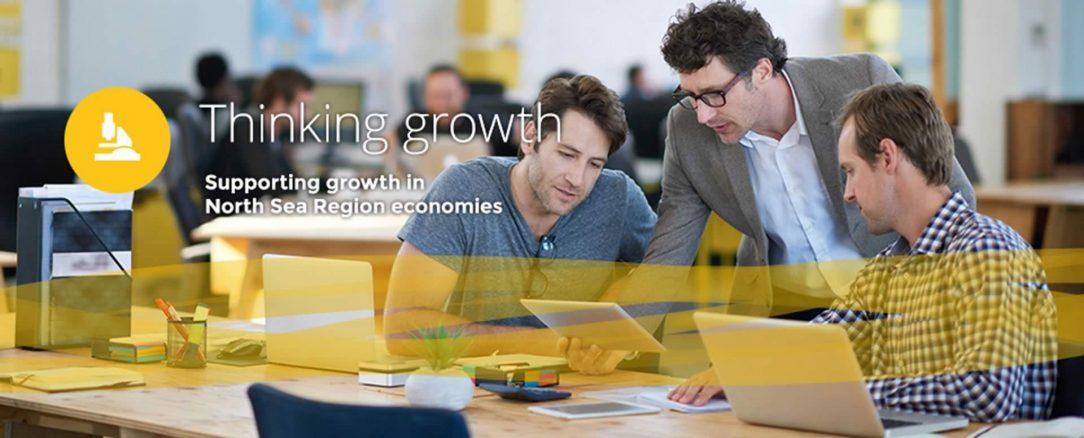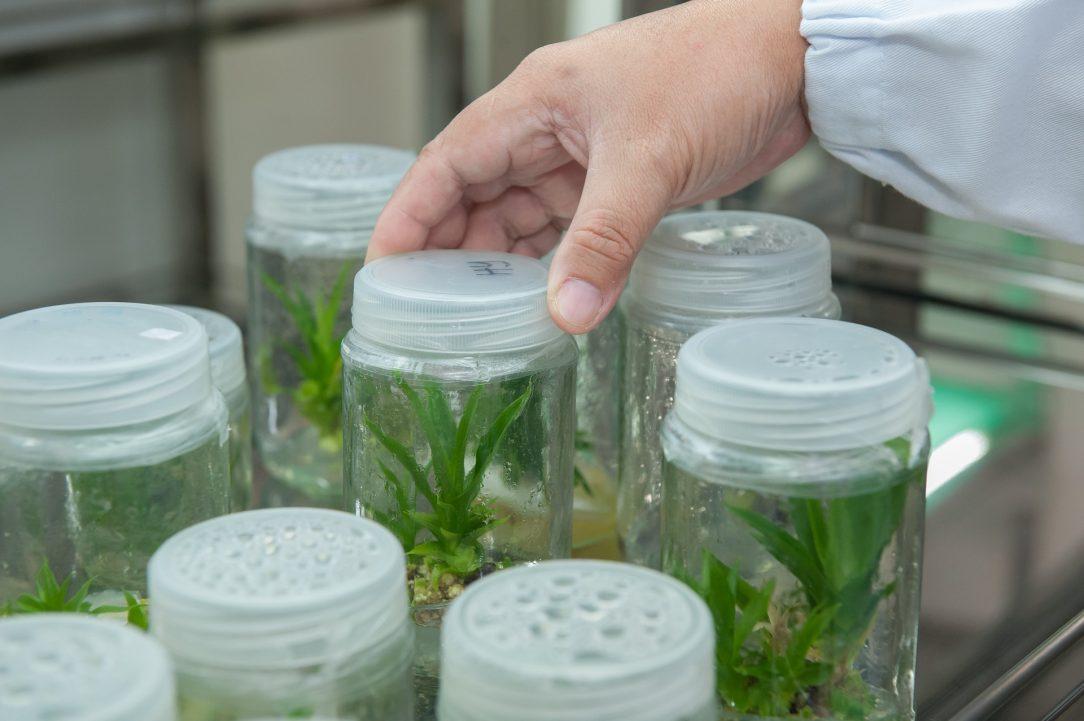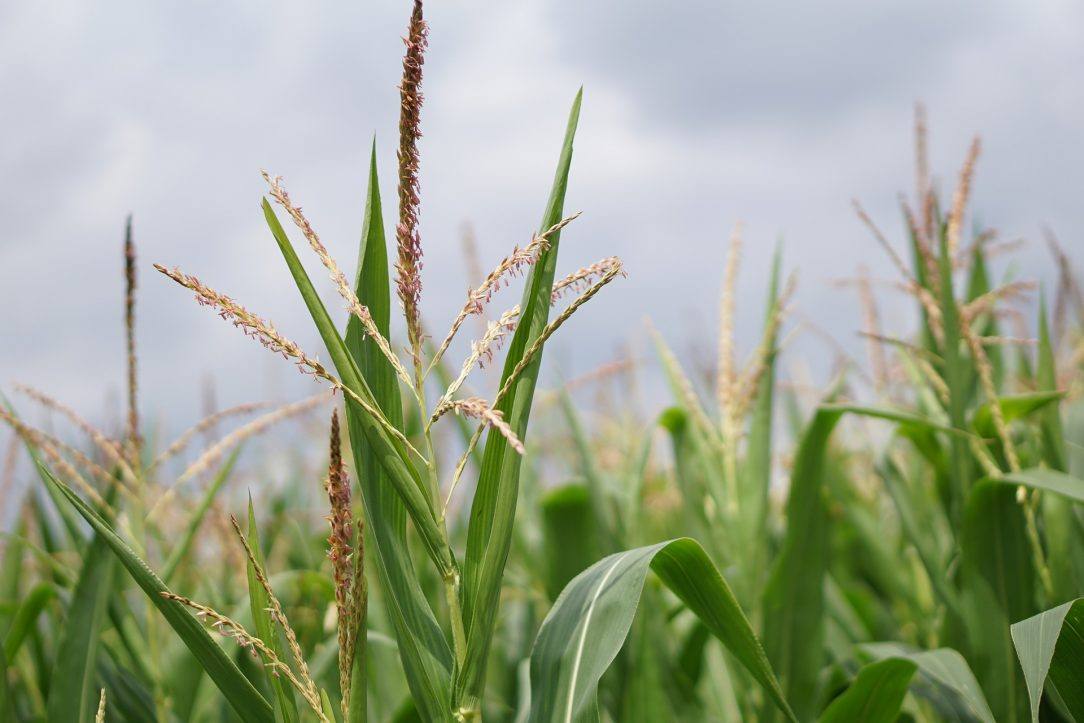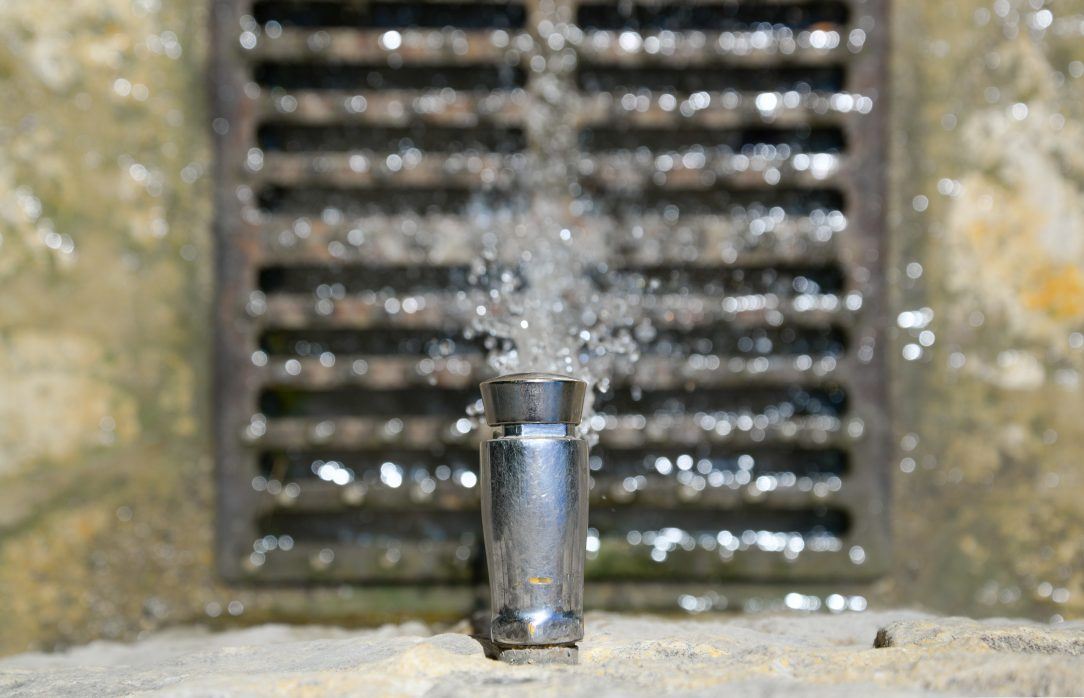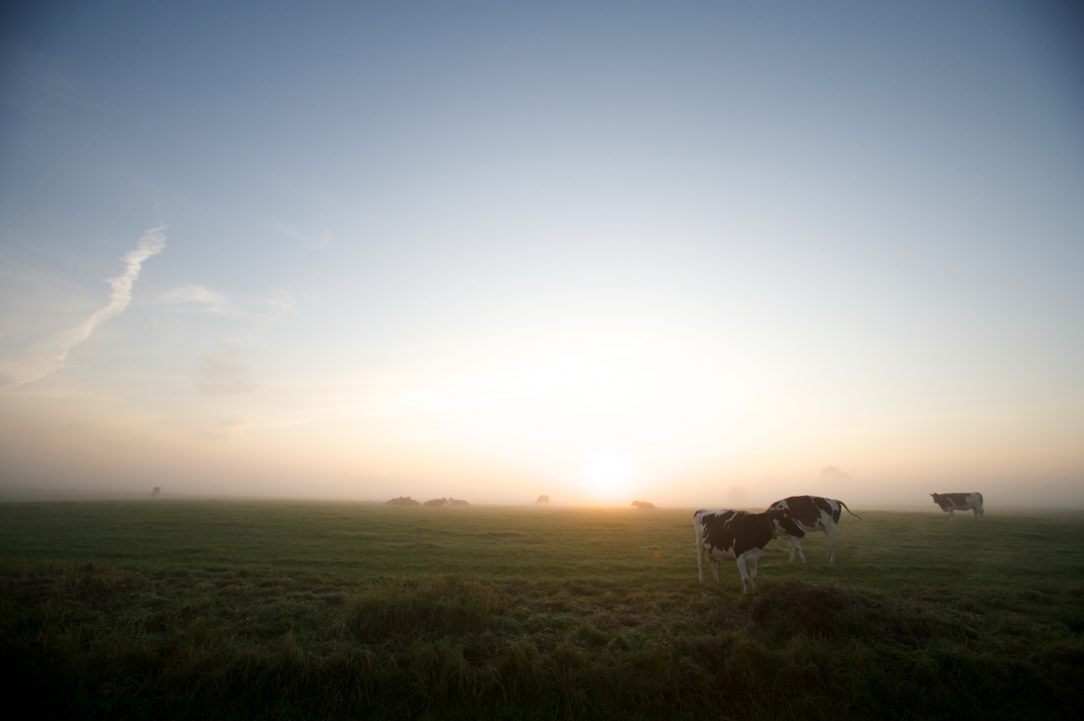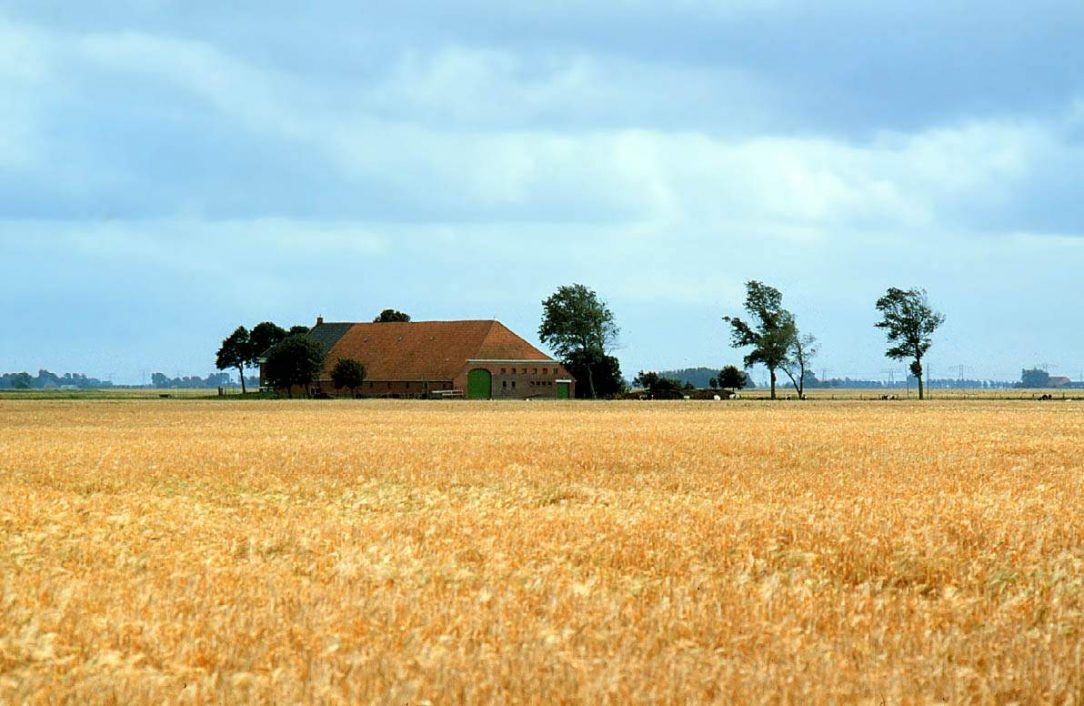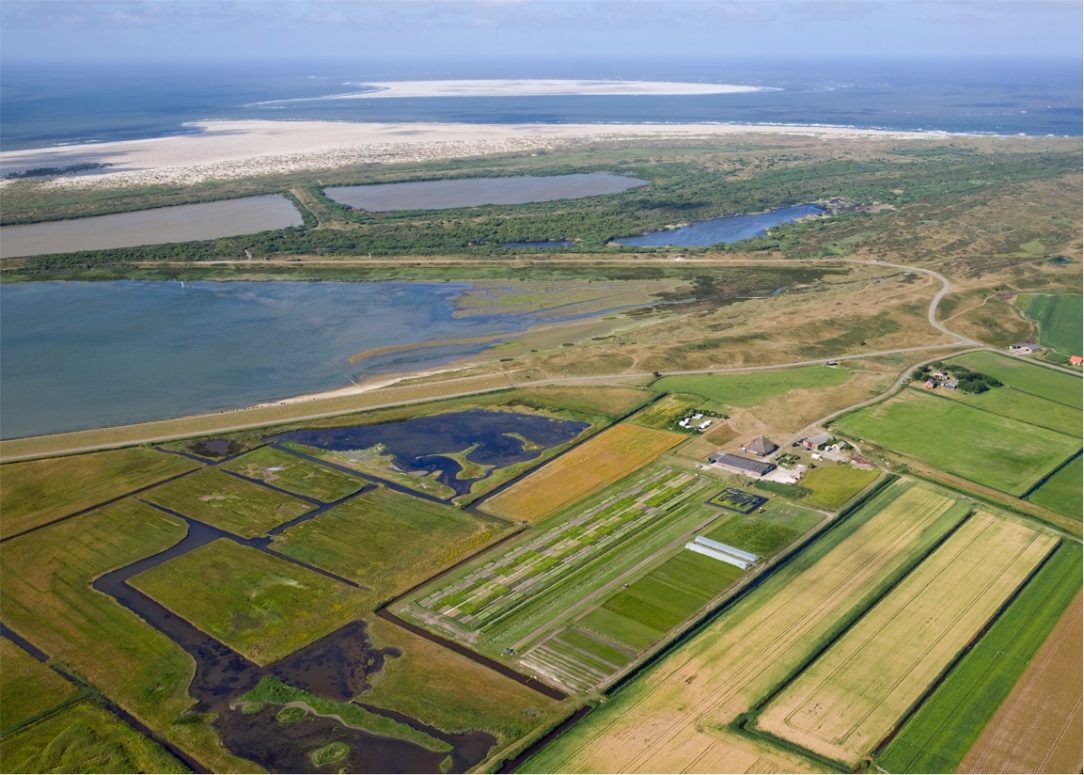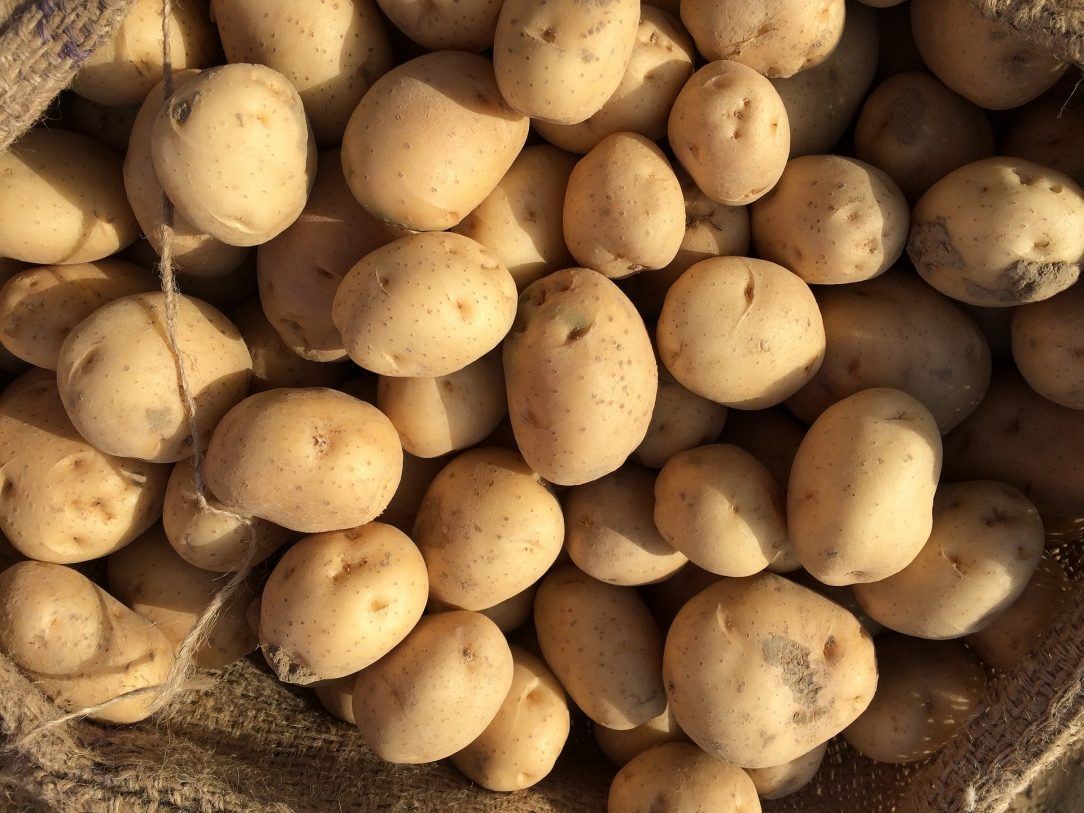The municipality of Groningen is the driving force behind the REFRAME project within the European context. The aim of this project is to restore cohesion in the regional food economy and thus to increase innovative strength in the Netherlands, Belgium, Denmark, Germany and Sweden. The starting point is that regional food chains – from producer to consumer – can contribute …
STINGS
The University of Groningen’s interdisciplinary work group STINGS promotes sustainable and stable societies in developing countries. Members of this group are active in various sustainability projects, such as the use and regulation of biotechnology in Africa, tackling of urban vulnerabilities, encouraging innovation in potato cultivation and stimulating technological and social innovations to support local energy initiatives.
Biobased Economy Knowledge Centre
The Hanze University of Applied Sciences founded the Biobased Economy Knowledge Centre in 2016. Here, lecturers, doctoral candidates, teachers, students and external experts do applied research on the transition to a sustainable bio-economy. The Hanze University of Applied Sciences collaborates closely with both SMEs and larger companies to develop new biobased products, processes and activities, for example the current successful …
European Biobased Economy model region
Sustainable use of agricultural land for the production of food and other products will become increasingly important in the future. The Northern Netherlands have all the ingredients necessary to take on an internationally prominent role in the area of the biobased economy. The Northern Netherlands combine the following strengths: good sea ports, a chemicals and plastics hub, well-developed arable farming …
Drinking water from sea water
The worldwide availability of fresh water is being threatened due to climate change. Heat, desiccation, rising sea levels and changing climate zones are the most significant causes. Extensive research is being done in the Northern Netherlands on extracting fresh water from sea water. Sustainable techniques (with low energy consumption and no chemical waste) are being developed to remove the salt …
Regional Cooperative Westerkwartier
The Westerkwartier Regional Cooperative is an innovative way of linking governmental agencies, businesses and initiatives to achieve a ‘flat’, local organisation of various chains. The Regional Cooperative connects green entrepreneurs, nature management, knowledge institutions and local municipalities and residents. The cooperative focuses on the themes of food, energy, water management, biobased economy, health and welfare and healthcare. The cooperative’s methods …
Project Water Management
As a result of rising sea levels and climate change, the Wadden Sea region is becoming more saline with longer dry periods. The Water Management Project focuses on improving and retaining the quality of the soil and providing fresh water for agriculture. A pilot site has been set up in Hornhuizen to increase the freshwater reservoir above the saline groundwater …
Project E-Spud
Project E-Spud was started through ‘The Potato Valley’. The objective of the project is optimisation of the entire potato farming system. Using a data-intensive production control system, we are working towards significant increases in yield quantity, yield stability and potato quality, as well as significantly lower environmental impact and more efficient, climate-smart chains.
Saline Farming
In the Interreg VB North Sea Region project SalFar project the Province of Groningen is collaborating within an international partnership on the topic of saline agriculture. Climate change is a global challenge that will have a major impact on the North Sea Region, affecting coastal areas in a variety of ways. The SalFar project focuses on the degradation of farmland …
The Potato Valley
The Potato Valley is a knowledge platform for seed potatoes with sustainable and climate-adaptive cultivation and production as its objective. The Potato Valley is a collaboration between education, science, businesses and the government. It invests in research and experiments with adaptive qualities such as resistance to disease, less fertiliser, abiotic stress resistance and suitability for saline cultivation. The importance of …



